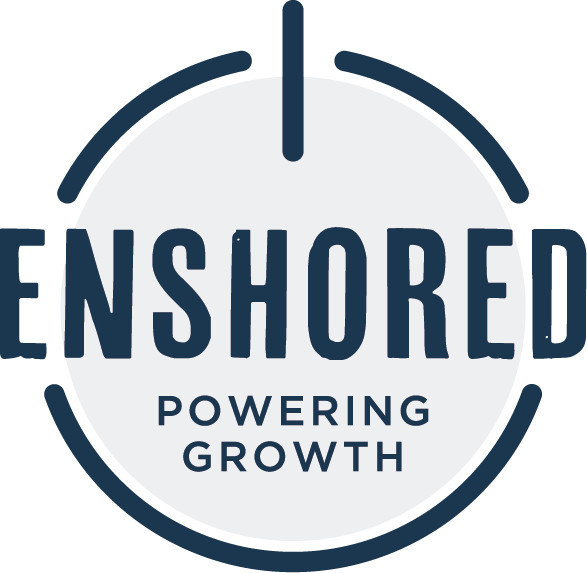Taking too long? Close loading screen.

Customer experience outsourcing is the practice of hiring a third-party company to handle certain aspects of consumer interactions and support. This can include customer service, technical support, marketing and sales and social media management, among other things. By offshoring these functions, businesses can improve the overall quality of their client encounter while also benefiting from increased efficiency and cost savings.
This refers to the overall perception a customer has of a company based on all of their interactions with it. This includes every touchpoint, from the initial purchase decision to post-sales support. A positive customer encounter is essential for building brand loyalty and driving repeat business.
Offboarding refers to the practice of hiring a third-party company to handle certain functions or processes. This can be done for a variety of reasons, such as to access specialized expertise or resources, to increase efficiency, or to save on costs.
In the context of consumer encounters, redistributing involves hiring a third-party company to handle certain aspects of customer interactions and support. This can include tasks such as answering client inquiries, handling complaints and feedback, providing technical support, and managing social media accounts. By delegating these functions, businesses can focus on their core competencies and leave the customer experience to experts.
The specific process for this will depend on the type of service being outsourced and the provider being used. However, there are some general steps that are common to most outsourcing arrangements:
There are several benefits to offboarding these responsibilities for businesses:
By deploying these functions, businesses can ensure that their clients are receiving the highest level of service. This can lead to increased customer satisfaction and loyalty, which in turn can result in more repeat business.
These processes allow businesses to focus on their core competencies, as well as reduce the burden on existing staff. This can lead to improved efficiency and cost savings. Aside from that, offboarding can also reduce the time it takes to resolve customer queries and complaints.
By redistributing these functions, businesses can save on labor costs associated with in-house staff and resources. This can provide a significant return on investment for businesses. Moreover, businesses can also save money by leveraging the services of experienced outsourcing providers, who may have established relationships with vendors and access to lower-cost resources.
Customer experience outsourcing providers often have access to a wide range of specialized knowledge and resources. This can help businesses ensure that their clients are receiving the best possible experience, even if they lack the necessary in-house expertise.
When customer information is handled outside of the company, it can be better secured and less vulnerable to unauthorized access or misuse. This is especially important for businesses that process sensitive data.
Outsourcing customer experience can provide businesses with a number of benefits, including improved clientele satisfaction, increased efficiency, access to specialized expertise, and enhanced security.
By carefully evaluating potential providers and establishing the necessary infrastructure and systems, businesses can ensure that they are getting the most out of their deploying arrangement. This in turn, can help to maximize customer satisfaction and loyalty while also helping to reduce costs and increase efficiency.
Serious about scaling?
One call is all it takes to know if we’re a fit.
© 2024 Enshored · Privacy · GDPR · California · Cookies